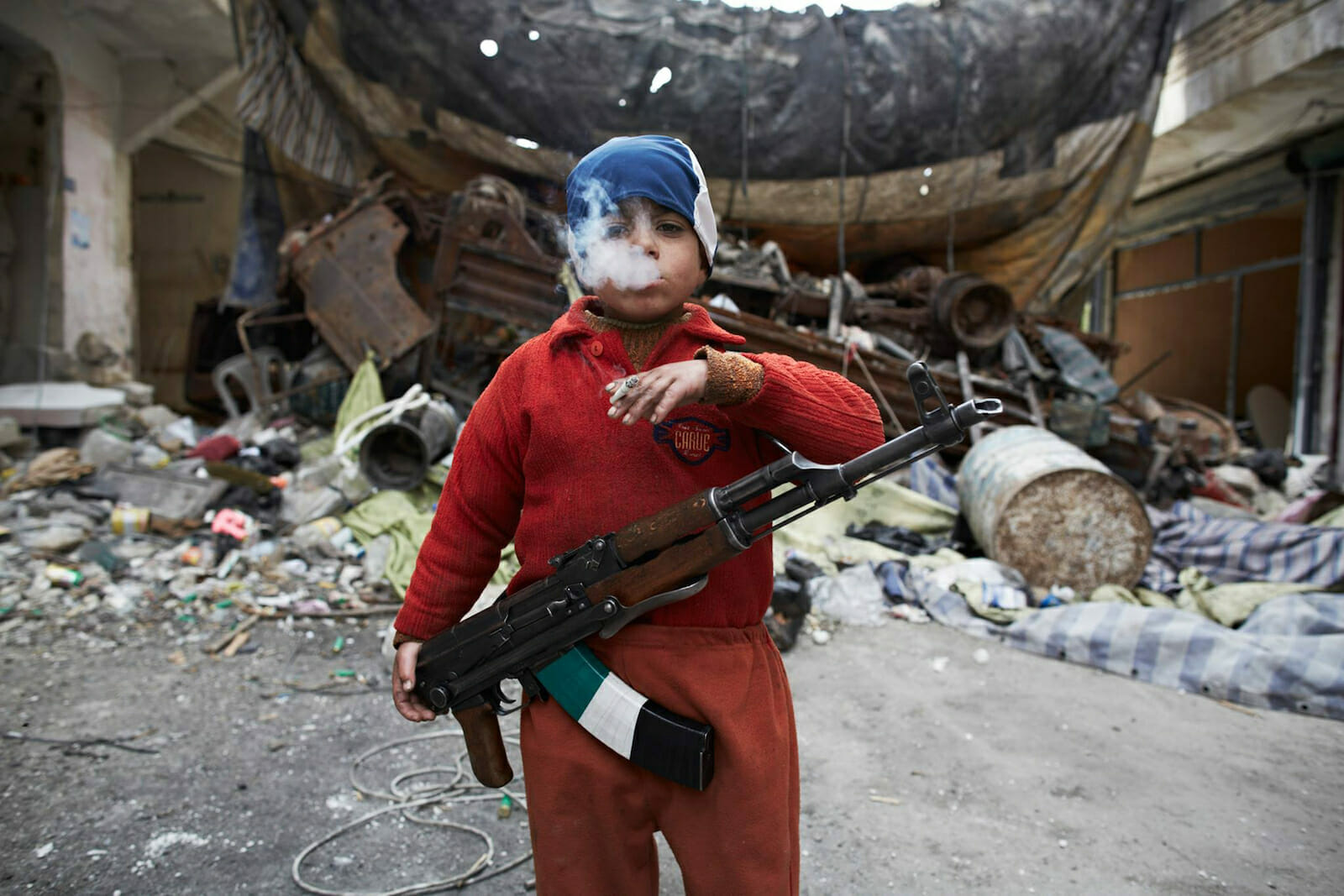
The Syrian Conflict: The Bloody and the New
“I see a very dark period ahead of us, with a total breakdown like Iraq in 2006, with sectarianism on a scale we have not yet seen in Syria.” – Salman Shaikh of the Brookings Institution’s Doha Centre
They are termed new developments in the new year, but these are hardly new given the pattern of events in Syria over the last year. Civil wars, when they take place in designated ‘hot spots’ of the globe, attract powers as moths to a flame. The flame raging between Bashir al-Assad and his opponents is such now that there are more than enough vying for influence should his regime fall.
Logistical support, diplomatic backing, and sweet words are being cast towards the Syrian opposition. This has been the state of affairs for some time, but there has been nothing decisive in the conflict so far.
In fact, members of the Syrian opposition are complaining, citing no appreciable increase in capital or support since various pledges were made in November. Western countries are still observing the ban on the delivery of weapons. Gulf Arab states are also proving less enthusiastic in sending shipments of weapons, though they have been effusive with promises.
A war of attrition is being considered as the only option. “The battles now are at the gates of the airport,” claimed Fadi al-Yassin, an activist based in Idlib. The rebels are getting worried, fearing that their financiers are making too many conditions on the disbursing of their funds. They are fighting the good fight or so goes the reason, and they should not be fettered in achieving their objectives.
There are foreign involvements that suggest that a future full-fledged intervention might take place, though this remains a hypothesis to be either proven or disproven. American forces of the 3rd battalion, 2nd Air Defense Artillery have been deployed, sent to man Patriot anti-missile batteries in Turkey. Germany and the Netherlands are also involved in the mission. Is this a prelude to a greater stab at involvement in the Syrian conflict, or a measure to make sure there is no spill-over? Both arguments are being made.
Certainly, the media coverage in western channels is padding down the line that intervention is inevitable. Consumers are being softened and readied for an escalation of involvement. Political commentator Chris Bambery, based in London, is re-stating the line that a de facto military intervention is taking place on the part of the United States, Britain, and France. The US deployment to Turkey, however, is suggestive of something more, a preparation. “A US presence there now that the presidential election is out of the way I think we are seeing up a ramping up of this [involvement].”
In the meantime, the various factions will make do with what they have. The current strategy of focusing on air bases and keeping their hold on certain villages and towns will continue. Trimming the influence of Assad’s air force will certainly be a mighty blow if they can pull it off. How successful they are will depend on the sheer staying power of the combatants – on all sides. Certainly, the rebels are making a fist of it, threatening the capital as of this writing and pushing the regime into further states of desperation.
What these developments show is that the sheer ruthlessness of the conflict is escalating, a theme so regular it has assumed vicious normality. Syria, it would seem, is being bled white. A more cynical view will be that this is exactly what some political backers will be hoping for. A weak Syria will be more manipulable. Those fighting in the country will beg to differ. The final word on this should be made by individuals such as Adnan Abu Raad, a civilian noted in a Reuters report who expressed the cold reality of it all. “Neither the Free Syrian Army nor Assad’s forces can protect us. The two factions are fighting each other, but no one is dying except for the innocent, the children, women and elderly.”

